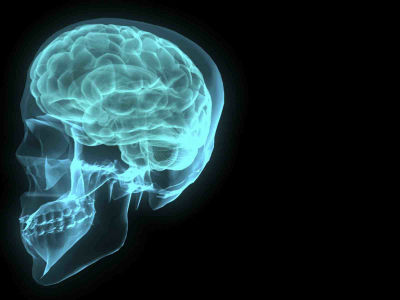It has been pointed out that the number of patients with ``prosopagnosia'' who cannot identify the faces of others may be larger than previously assumed.

PsyArXiv Preprints | What is the prevalence of prosopagnosia?
https://doi.org/10.31234/osf.io/qtjus
How Common Is Face Blindness? | Harvard Medical School
https://hms.harvard.edu/news/how-common-face-blindness
A research team led by Joseph DeGutis of the VA Boston Healthcare System conducted an online questionnaire and test of 3116 people aged 18 to 55. First, participants were asked if they had difficulty recognizing faces in everyday life. Two tests were then conducted to determine whether it could recognize the faces of celebrities and complete strangers.
Research has shown that there is a range of severity and manifestation of prosopagnosia. Of the 3116 people surveyed, 31 were determined to have severe congenital prosopagnosia and 72 were confirmed to have mild prosopagnosia.

Harvard Medical School interviewed Mr. DeGutis and asked him about the significance of the findings.
Acquired prosopagnosia associated with brain injury, such as from an accident, affects about 1 in 30,000 people in the United States, according to DeGutis. However, it has been revealed that 1 in 33 people suffer from congenital prosopagnosia due to heredity or developmental abnormalities.
Degutis points out that prosopagnosia can have a significant impact on an individual's daily life and limit employment opportunities. In addition, prosopagnosia may also affect people on
“In a modern world of increasing social isolation, developing and maintaining social bonds and good communication are more important than ever,” said DeGutis. is very important,” he said.
Mr. Degutis commented on the results of this study, ``Many people who have major problems with facial recognition have been diagnosed as not prosopagnosia due to the conventional strict criteria. It's important to expand the standards.' He also said that by expanding the diagnostic criteria, ``we can take steps to reduce the negative impact on daily life, such as receiving appropriate treatment and telling colleagues.''

``For an accurate diagnosis of prosopagnosia, it is important to combine patient self-reports of difficulties in daily living with validated objective measures,'' Degutis said. “Physicians need to be aware of the wide range of symptoms of prosopagnosia and provide appropriate treatment and support to patients of varying levels,” he said.
Related Posts:
in Science, Posted by log1r_ut







